৯ মাঘ ১৪৩২
Saudi Arabia Abolishes Kafala System, What Will Change Lives of Workers?
22 October 2025 21:10 PM
NEWS DESK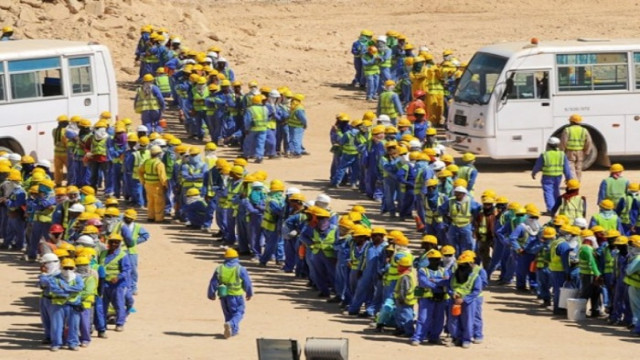
Saudi Arabia has announced the end of its decades-old Kafala system, a controversial labour sponsorship model that controlled the lives of millions of migrant workers for more than seventy years.
The reform, unveiled in June 2025, is one of the most sweeping changes to the Gulf’s labour framework and is expected to directly benefit around 13 million foreign workers. Among them are more than 2.6 million Indians, according to India’s Ministry of External Affairs (MEA).
What was Saudi Arabia’s Kafala system?
The word Kafala, meaning “sponsorship” in Arabic, referred to a structure in which a local employer, or Kafeel, took legal responsibility for a foreign worker’s visa and residency. Introduced in the 1950s during the region’s oil boom, it was initially a way to regulate the growing flow of labour from abroad.
Why was the Kafala system considered abusive?
Over time, the system came to symbolise exploitation and imbalance. Employers often confiscated passports, delayed wages, and restricted travel. Workers could not change jobs, leave the country, or even file complaints without their sponsor’s consent.
Human rights groups described it as “modern-day slavery”. Domestic workers, particularly women, were among the worst affected, facing isolation, excessive hours, and emotional or physical abuse.
How dependent is Saudi Arabia on foreign labour?
Saudi Arabia’s workforce relies heavily on migrants. Out of its population, about 13.4 million people—roughly 42 per cent—are foreign workers employed in sectors such as construction, agriculture, and domestic work.
The majority come from India, Bangladesh, Nepal, and the Philippines. The International Labour Organization (ILO) and several foreign governments have for years urged Gulf states to reform such sponsorship systems, accusing them of enabling forced labour and human-rights abuses.
Why has Saudi Arabia abolished the Kafala system now?
The decision follows sustained international scrutiny and a wider regional shift. Qatar had overhauled its labour rules before hosting the 2022 FIFA World Cup, setting a precedent for other Gulf nations.
Saudi Arabia’s announcement comes under Crown Prince Mohammed bin Salman’s Vision 2030—an ambitious plan to modernise society, diversify the economy, and project a progressive image globally.
What changes will migrant workers see now?
Under the new system, employment will be contract-based rather than sponsor-based. Workers can switch jobs without their employer’s approval and leave the country without exit visas or consent from a sponsor.
The reform also expands access to labour courts and complaint platforms, enabling workers to report abuse or non-payment without fear of retaliation.
What does this mean for Indian workers?
For India, the change could transform the experience of its citizens employed in Saudi Arabia’s construction, healthcare, domestic, and service sectors. The MEA said it continues to work with Saudi authorities to ensure that the rights of Indian nationals are safeguarded and that disputes can be resolved more fairly under the new framework.




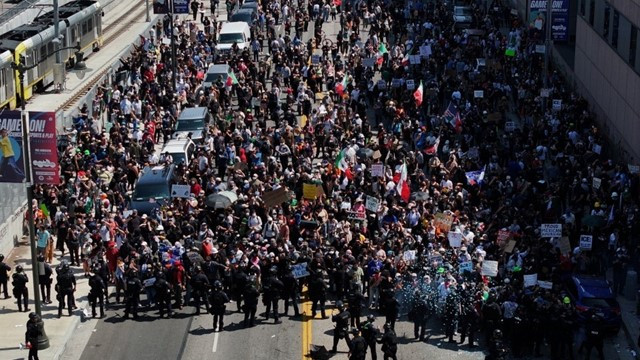

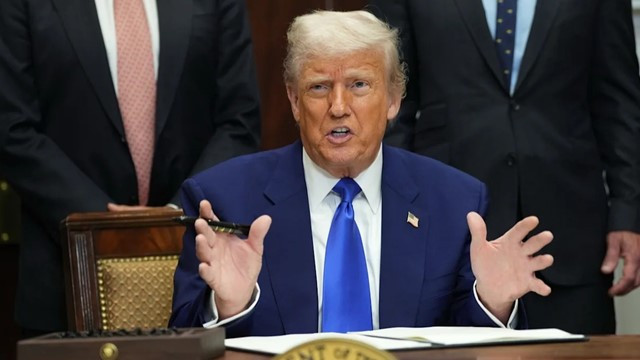

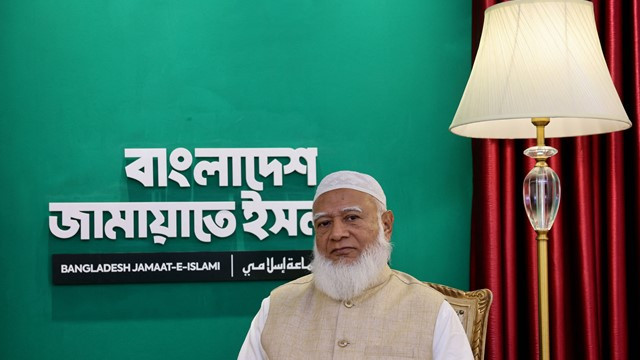


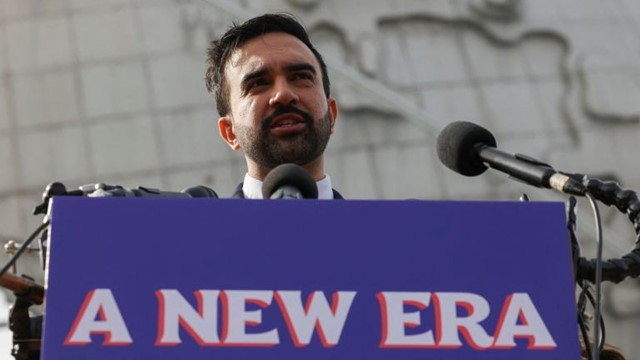
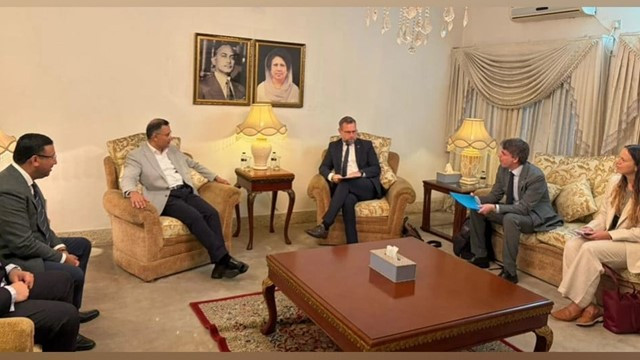
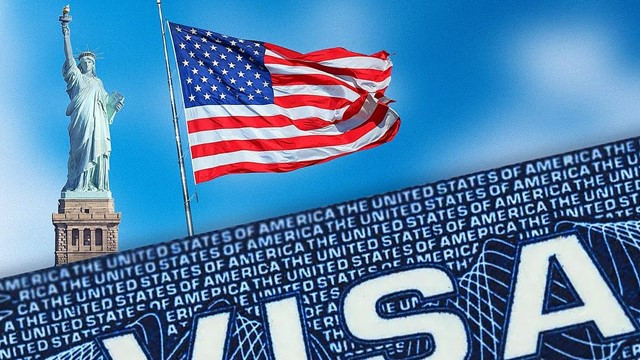
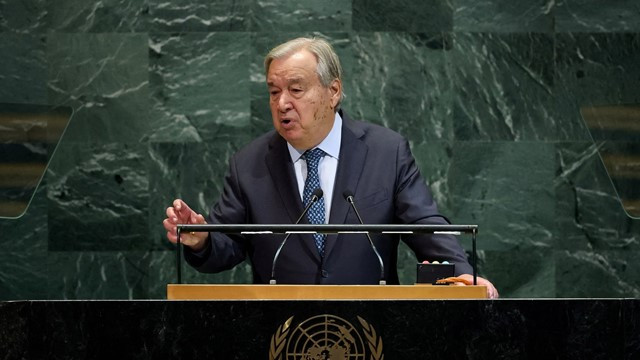
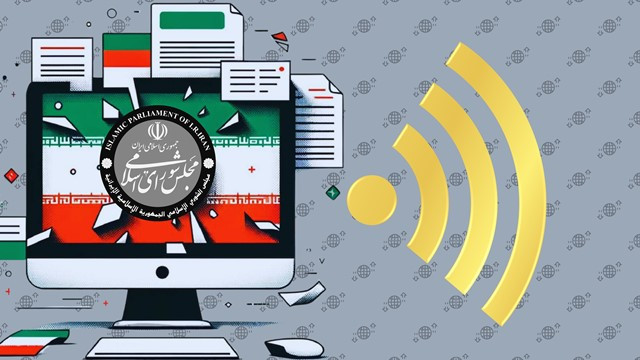



Comments Here: